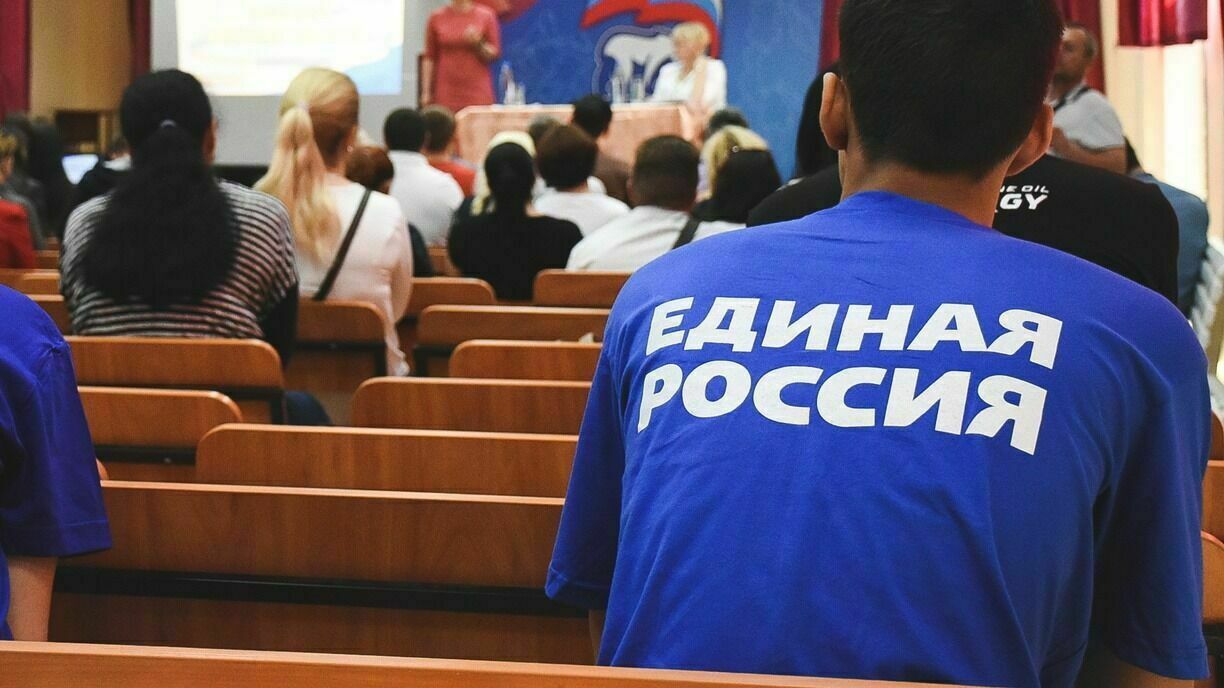Posted 28 декабря 2022, 07:29
Published 28 декабря 2022, 07:29
Modified 28 декабря 2022, 07:59
Updated 28 декабря 2022, 07:59

Media: United Russia members are banned from showing off luxury in social networks
According to RBC, there are 11 points in the code in total. In particular, United Russia is advised not to violate the statutory ethical norms both by statements and by their deeds. When preparing public speeches, they should correlate their position with the "basic statutory values" and the "collegial position of the party", and also not make hasty statements in the media and social networks as a reaction to certain events.
Deputies are strongly advised not to comment on the international agenda without familiarizing themselves with the official position of the Foreign Ministry. When discussing social issues, United Russia should consult with experts and partners beforehand.
When writing posts in social networks, party members are prohibited from using obscene words and jargon. It is particularly pointed out that the publication of posts in social networks "in an inadequate physical and mental state" is unacceptable.
A separate point concerns the content of publications: deputies are advised not to post luxury items, travel to exotic countries, as well as photos from expensive restaurants that can create the impression of a deputy as a "privileged class" in social networks. In the event of negative situations, United Russia is recommended to apologize immediately, without waiting for them to be pointed out to such a need by "senior comrades" and colleagues in the party.
Observers note that the recommendations issued to United Russia have a clear formal similarity with the text of the "Moral Code of the Builder of Communism" adopted in the USSR. However, there are serious differences in content. The Communist "catechism" included the following provisions:
Dedication to the cause of communism, love for the socialist Homeland, for the countries of socialism.
Conscientious work for the benefit of society: those who don't work don't eat.
Everyone cares about the preservation and multiplication of the public domain.
High consciousness of public duty, intolerance to violations of public interests.
Collectivism and comradely mutual assistance: everyone for everyone, everyone for one.
Humane relations and mutual respect between people: a person is a friend to a person, a comrade and a brother.
Honesty and truthfulness, moral purity, simplicity and modesty in public and private life.
Mutual respect in the family, care for the upbringing of children.
Intransigence to injustice, parasitism, dishonesty, careerism, greed.
Friendship and brotherhood of all peoples of the USSR, intolerance of national and racial hostility.
Intolerance of the enemies of communism, the cause of peace and freedom of peoples.
Fraternal solidarity with the workers of all countries, with all peoples.